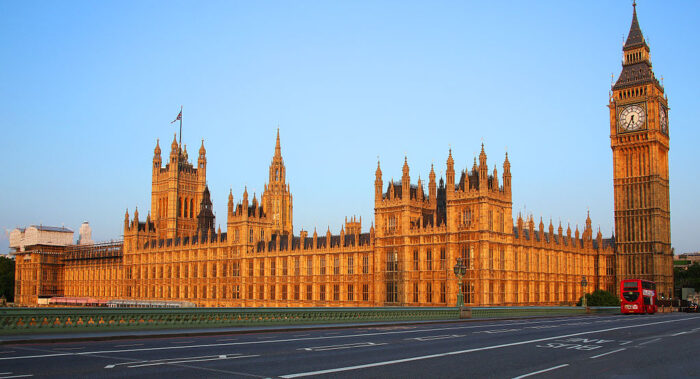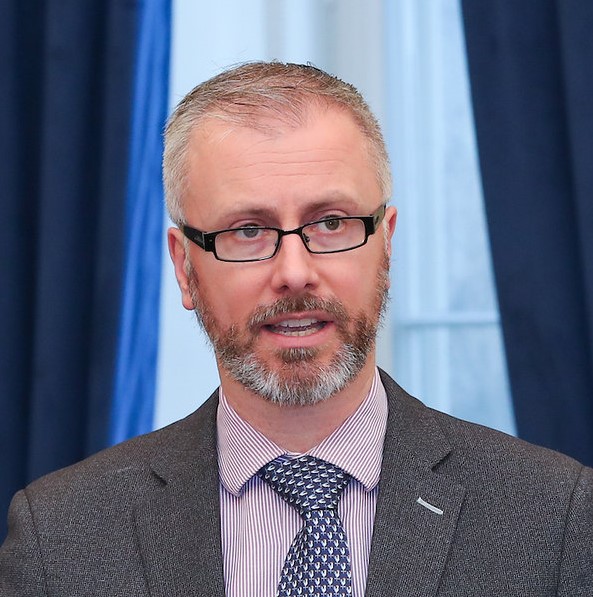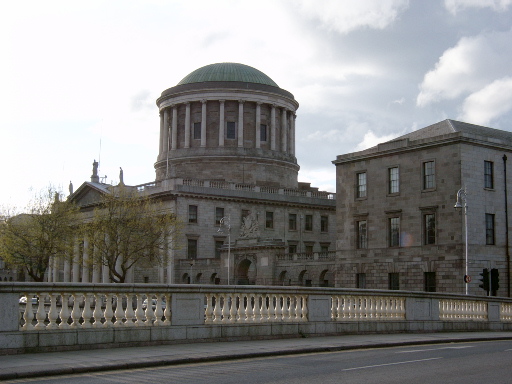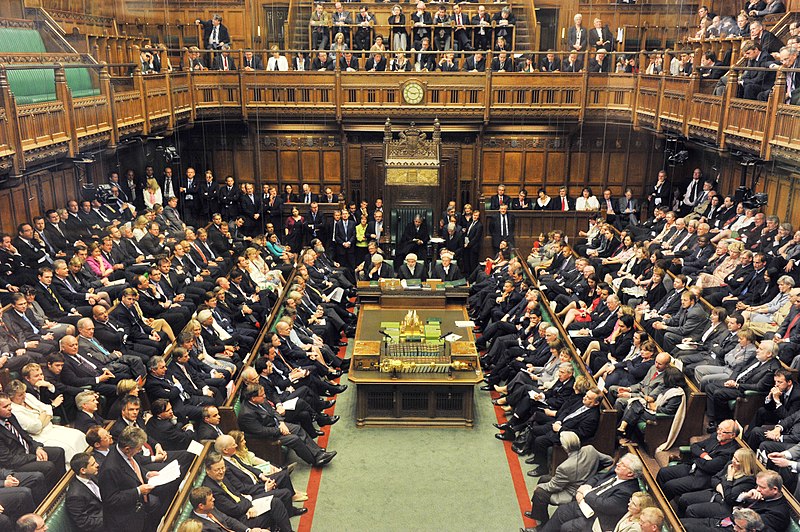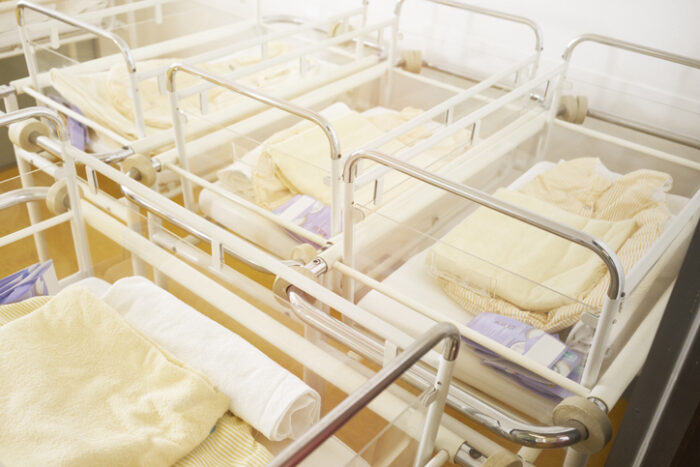The global population is likely to peak earlier than expected and at a lower level, according to new UN projections.
However, despite warnings of a looming demographic crisis, a UN official has reacted positively, expressing hope that it will reduce pressure on the environment.
The analysis predicts there will be about 10.3 billion people by the mid-2080s, up from 8.2 billion this year.
The number is then expected to fall to about 10.2 billion by the end of the century, a figure 6% lower than was expected a decade ago.
Li Junhua, the UN undersecretary general for economic and social affairs, said: “In some countries, the birthrate is now even lower than previously anticipated, and we are also seeing slightly faster declines in some high-fertility regions.
“The earlier and lower peak is a hopeful sign. This could mean reduced environmental pressures from human impacts due to lower aggregate consumption.”
He warned, however, that “slower population growth will not eliminate the need to reduce the average impact attributable to the activities of each individual person”.
But demographers such as Paul Morland warn about the bad effects of an ageing population including far fewer workers compared with retired people.




